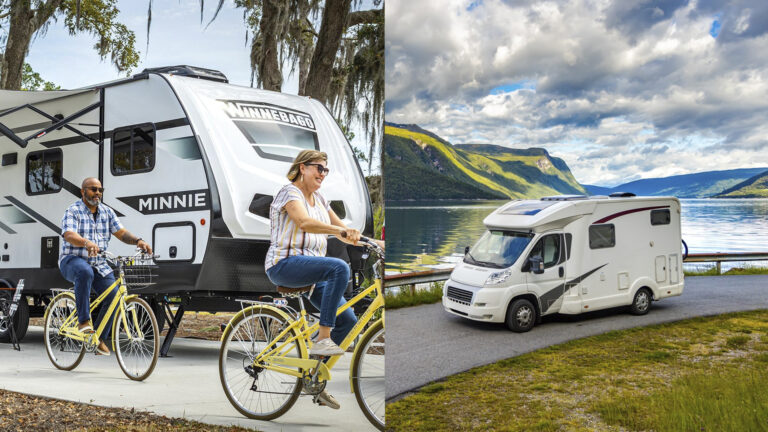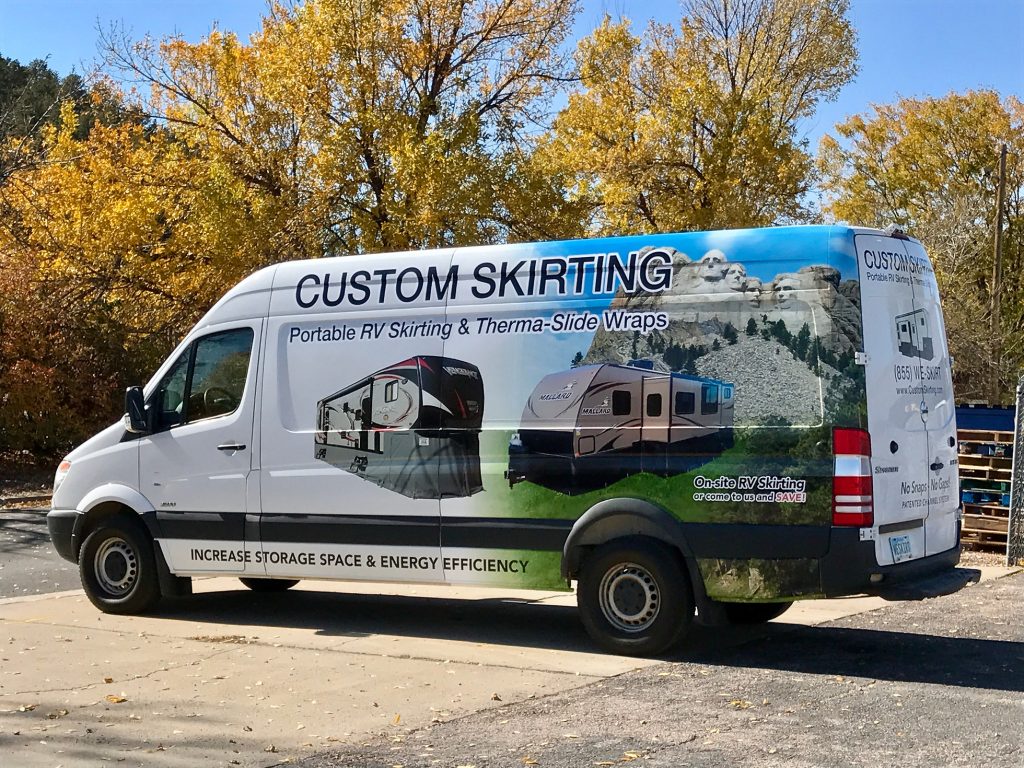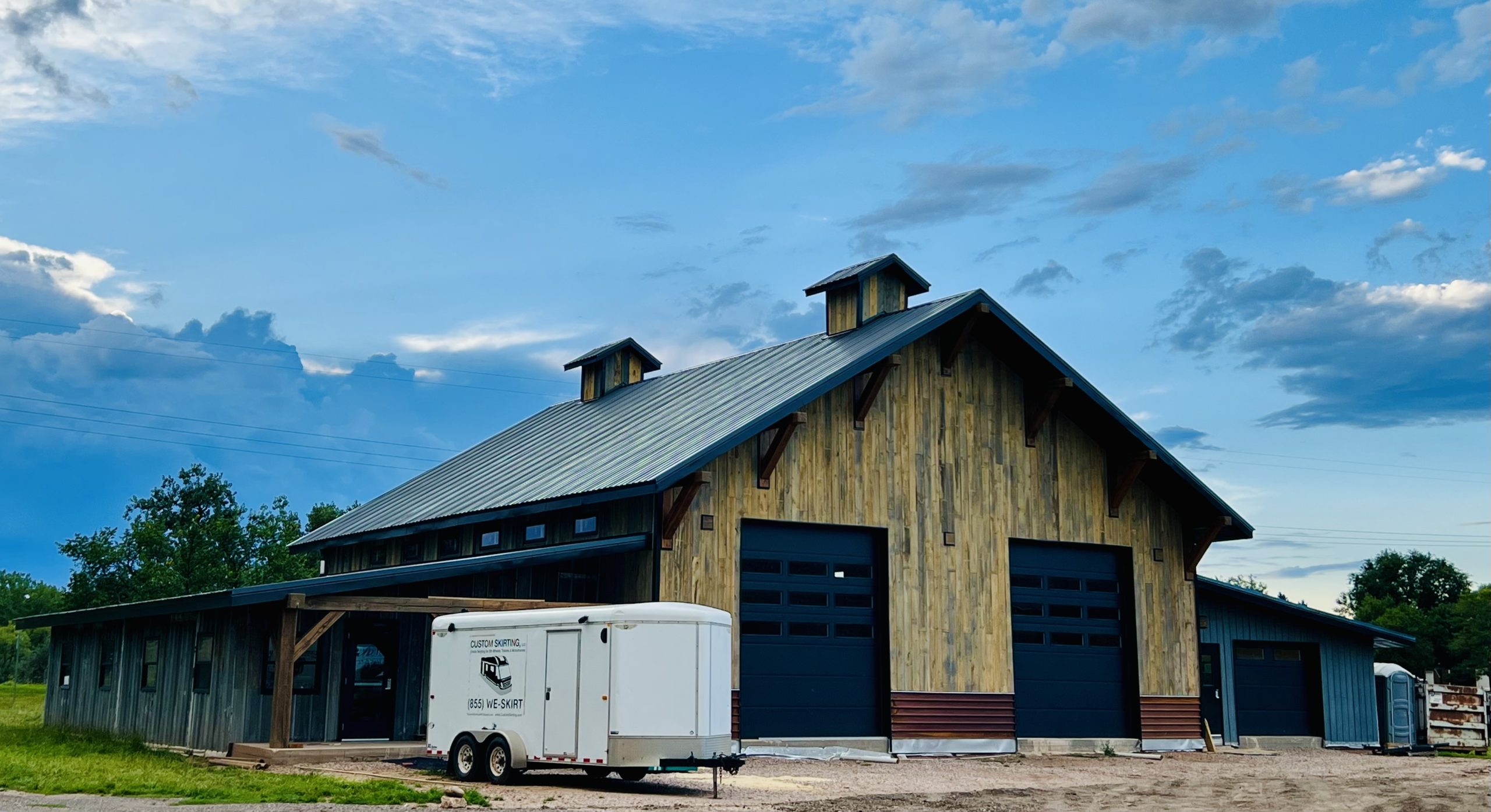Table of contents
- Understanding the Basics: Trailers and RVs Defined
- Cost Comparison: Trailer vs RV
- Comfort and Amenities: What to Expect
- Maneuverability and Driving Experience
- Flexibility and Versatility in Travel
- Storage and Maintenance Considerations
- Insurance and Legal Requirements
- Find Your Perfect Adventure Base: Book Your Stay at Black Hawk Creek RV Park!
- Related Articles
RV vs travel trailer: the allure of road travel has drawn many to the lifestyle of mobile homes, whether for weekend getaways, extended vacations, or full-time living. Two popular options dominate the market: travel trailers and RVs. Choosing between these two can be challenging as each has its own advantages and drawbacks. In this article, we’ll dive into the debate of “trailer vs RV” by comparing key aspects such as cost, comfort, maneuverability, and more, to help you decide whether an RV or trailer suits your needs.
Understanding the Basics: Trailers and RVs Defined
Before diving into the detailed comparison between RVs vs travel trailers, it’s important to understand the fundamental differences between trailers and RVs.
- RVs (Recreational Vehicles): These are self-propelled vehicles equipped with a living space and amenities. RVs have built-in engines, so you don’t need another vehicle to tow them. There are three classes of RVs:
- Class A: The largest and most luxurious RVs, often resembling a bus.
- Class B: Smaller van-style RVs, often referred to as camper vans.
- Class C: Mid-sized RVs built on truck chassis, offering a balance between comfort and drivability.
- Trailers: Unlike RVs, trailers are not motorized. They must be towed by a separate vehicle, such as a truck or SUV. Trailers come in different types:
- Travel Trailers: These are the most common type of trailer, offering various sizes and layouts.
- Fifth-Wheel Trailers: These are larger trailers that attach to the bed of a truck.
- Pop-Up Campers: Compact and collapsible trailers that are easy to tow and set up.
Understanding these distinctions is essential for the “trailer vs RV” debate. RVs provide a more integrated experience, while trailers offer flexibility in towing and parking.
Cost Comparison: Trailer vs RV
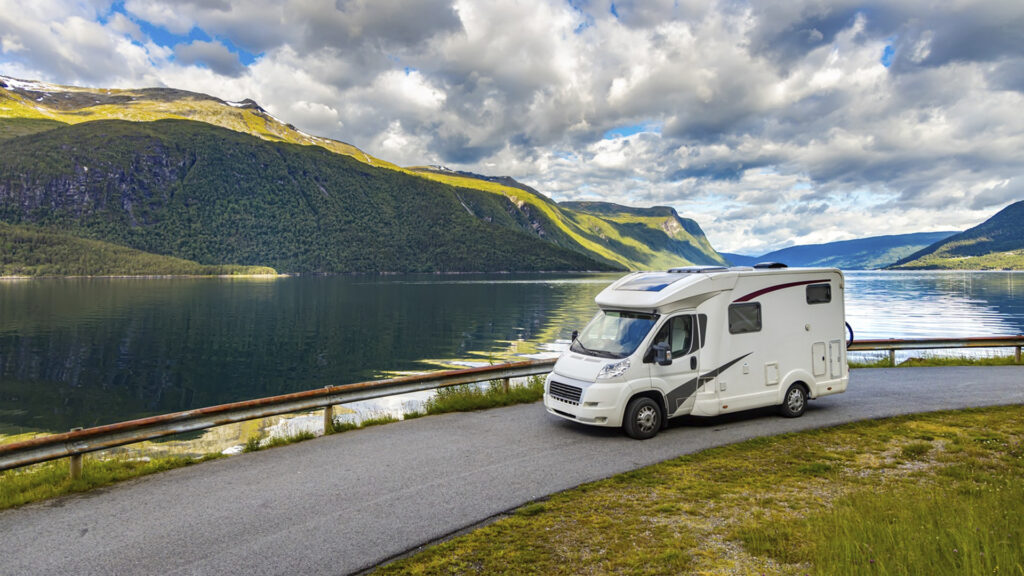
One of the biggest factors in deciding between an RV or trailer is cost. Whether you’re looking to make a significant investment or opt for something more budget-friendly, understanding the financial commitments involved is crucial.
- Initial Purchase Price:
- RVs tend to be more expensive than trailers because they include both the living space and a motorized vehicle. New Class A RVs can range from $100,000 to over $500,000, while Class C models typically start at around $60,000. Even Class B camper vans can cost between $70,000 and $150,000.
- Trailers are generally less expensive. Travel trailers can cost anywhere from $15,000 to $50,000, depending on the size and features. Fifth-wheel trailers are more expensive, ranging from $25,000 to $100,000, but still cheaper than many RVs.
- Ongoing Maintenance Costs:
- RVs require regular vehicle maintenance, including oil changes, tire replacements, and engine repairs. These expenses add up, especially with larger motorhomes.
- Trailers, on the other hand, don’t have engines to maintain. You will need to maintain the towing vehicle, but overall maintenance for a trailer itself is usually less than that of an RV.
- Hidden Costs:
- RVs incur costs for fuel (which can be significant for larger models), parking, and insurance.
- Trailers require a towing vehicle, which adds to the overall cost if you don’t already own one. Additionally, you may need to invest in towing accessories, such as a hitch, sway bars, or trailer brakes.
When it comes to the trailer vs RV cost comparison, trailers tend to be the more affordable option, particularly when considering long-term expenses.
Comfort and Amenities: What to Expect
Comfort and amenities are key considerations for travelers deciding between an RV or trailer. Both offer a variety of living arrangements, but there are some notable differences.
- RVs generally offer more luxurious amenities. Class A and Class C RVs often come with full kitchens, large bathrooms, multiple sleeping areas, and ample storage space. Larger RVs can even include features like washer-dryer units, fireplaces, and slide-outs to increase living space.
- Trailers, particularly travel trailers, vary widely in terms of comfort. Smaller trailers may offer limited space, with only a basic kitchen and compact sleeping quarters. Fifth-wheel trailers, however, often rival RVs in terms of luxury, with spacious living areas, full kitchens, and plenty of storage.
In the rv vs travel trailer debate, those who prioritize spaciousness and high-end amenities may lean towards an RV. However, many travel trailers, especially fifth-wheels, offer comparable comfort at a lower price point.
Maneuverability and Driving Experience
Maneuverability is a major factor when choosing between a travel trailer vs RV. The size and driving experience can significantly impact your travel plans.
- RVs:
- Driving an RV can be intimidating for first-time users, especially for Class A motorhomes. These large vehicles can be difficult to park, navigate through tight spaces, and require careful planning for fuel stops.
- However, many people find RVs easier to operate than trailers since there’s no need for hitching, and everything is integrated into one vehicle.
- Trailers:
- Towing a trailer can also be challenging, especially for new users. Hitching, reversing, and maneuvering a trailer requires practice and patience.
- However, once a trailer is parked at a campsite, you can detach the towing vehicle and use it for errands and local exploration, giving you more flexibility.
In the rv vs trailer debate, RVs may be more convenient for those who want an all-in-one driving experience, while trailers offer more flexibility for travelers who want to park and explore.
Flexibility and Versatility in Travel
Both RVs and trailers offer distinct advantages in terms of travel flexibility and versatility.
- RVs are convenient for quick stops and spontaneous adventures. Since everything is built into one vehicle, you can pull over almost anywhere for a break or meal without needing to set anything up.
- Trailers provide greater flexibility once parked. After setting up the trailer at a campsite, you can use the towing vehicle to explore nearby attractions, run errands, or visit local restaurants without moving your entire living space.
In terms of rv or trailer for flexibility, trailers provide more freedom to explore your destination without having to pack up and move your entire setup each time you want to venture out.
Storage and Maintenance Considerations
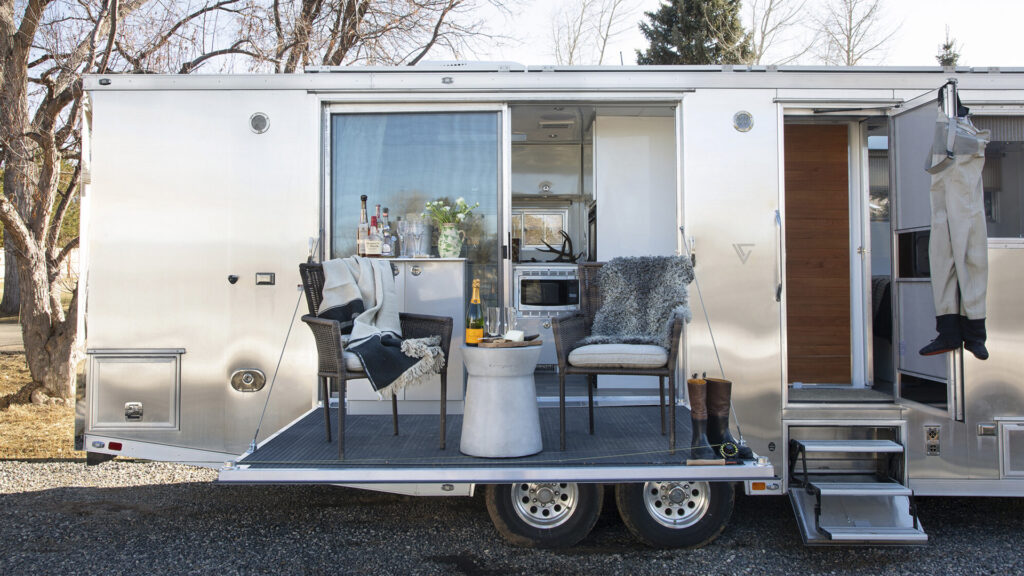
When it comes to storage and maintenance, there are practical differences between an RV or trailer.
- RVs are larger and more difficult to store. Many RV owners must rent space at a storage facility during the off-season, which can add to the overall cost. Additionally, RVs require more maintenance due to the engine and vehicle components.
- Trailers are typically smaller and easier to store. They can often be kept on your property if you have enough space, and since they don’t have engines, they require less mechanical maintenance. However, you’ll still need to maintain the towing vehicle.
The trailer vs rv debate here leans in favor of trailers if you’re looking for easier and more affordable storage and upkeep.
Insurance and Legal Requirements
Before making a purchase, it’s important to understand the insurance and legal considerations for both trailers and RVs.
- RVs typically require specialized insurance that covers both the vehicle and the living area. Depending on the size and class of the RV, you may also need a special driver’s license or endorsement.
- Trailers are usually covered under your auto insurance policy when they are being towed. However, additional insurance may be needed to protect the trailer while it’s parked or stored. Towing a large trailer may also require specific endorsements on your driver’s license, depending on your state’s laws.
Both rv or trailer options come with insurance and legal responsibilities, but RVs often have higher insurance costs due to the inclusion of a motorized vehicle.
Find Your Perfect Adventure Base: Book Your Stay at Black Hawk Creek RV Park!
Ready to explore the wonders of South Dakota? Choose the ideal mobile home option that fits your travel style, and make Black Hawk Creek RV Park & Cabins your home base! Nestled near iconic attractions like the Badlands and Mount Rushmore, our year-round park offers everything you need for an unforgettable getaway. Experience nature, excitement, and the comforts of home all in one place. Don’t wait—book your stay today and let your South Dakota adventure begin!



